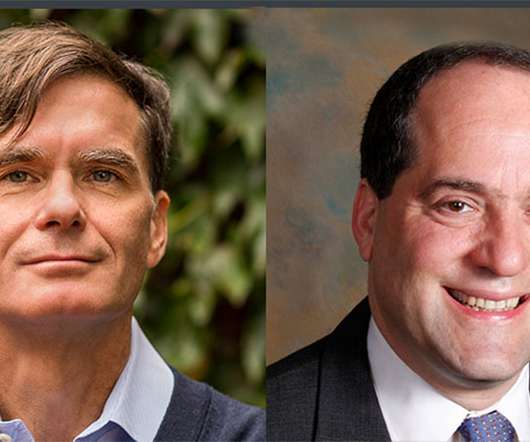Hearing Loss in Geriatrics and Palliative Care: A Podcast with Nick Reed and Meg Wallhagen
GeriPal
MAY 5, 2022
Meg is a researcher and professor of Gerontological Nursing and a Geriatric Nurse Practitioner in the School of Nursing at UCSF. We talk with Nick and Meg about: Why hearing loss is important not just in geriatrics but also for those caring for seriously ill individuals. How to screen for hearing loss.




















Let's personalize your content